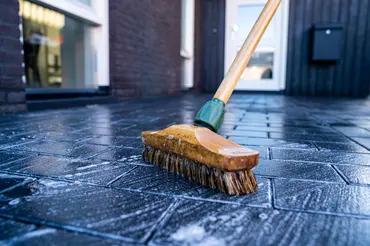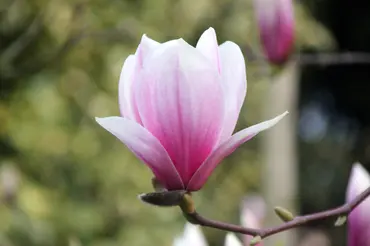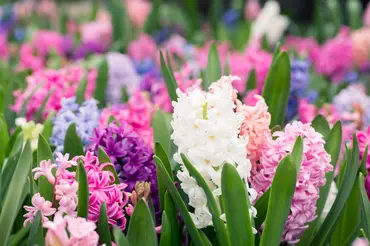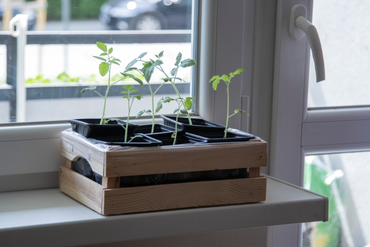Eager to create a sustainable kitchen garden but unsure where to begin? It's fantastic you're thinking green! Embracing eco-friendly practices in your garden is not only beneficial for the planet but also adds a rewarding dimension to your gardening. It all starts with mindful choices. Before any action, consider its environmental impact. Here are some inspiring ideas for a sustainable kitchen garden:

- Everything is organic
- Reuse, recycle and upcycle
- Choose the right plants
- Look after your soil
- Collect rainwater
1. Sustainable gardening starts with organic
For a happy and healthy garden, choose organic. This means nurturing your soil, plants, and wildlife naturally, avoiding harmful chemicals that can strip nutrients and harm pollinators. Opt for organic feeds like Comfrey or Nettle and utilize biological pest controls.
2. Turn trash to treasure: Sustainable recycling & upcycling for gardeners
Here's where the fun begins! Sustainable gardening encourages you to see potential in everything. You'll start looking at everyday items and imagining how they can be repurposed in your garden – whether it's reusing them directly, recycling them within the garden, adding them to the compost, or creatively upcycling them. Think cardboard toilet roll tubes transforming into seed starting pots, old drawers becoming charming planters, and even unexpected items like bathtubs or bed frames finding new life as vegetable gardens.

3. Choosing the right plants for a sustainable kitchen g
For a sustainable garden that thrives year after year, it's vital to choose plants that suit your environment. This means selecting drought-tolerant options for hot, dry locations and plants that favor shade and moisture for those areas. Thoughtful plant selection ensures your garden's resilience and longevity.
4. Nourish your soil, sustain your garden
The foundation of a thriving garden is healthy soil. It's a vibrant ecosystem teeming with millions of beneficial organisms that are essential for plant growth, especially for your vegetables. Nurture this vital resource by collecting fallen leaves for leaf mulch, utilizing grass clippings, composting garden waste to create nutrient-rich soil amendments, and applying organic mulches to retain moisture and provide sustained nourishment.
5. Save water, grow greener: The benefits of rainwater harvesting
Rainwater harvesting is crucial for reducing water consumption in the garden, especially during hot and dry periods. Installing water butts in your kitchen garden offers an excellent solution for this, allowing you to collect rainwater – a preferred resource for plants – for later use when needed. These systems can be easily connected to your shed or greenhouse, or placed freestanding, and will naturally fill up during wetter months, making rainwater harvesting an efficient practice.

Create a sustainable garden you can be proud of with our high-quality organic products, available now at Carpenters Nursery.




